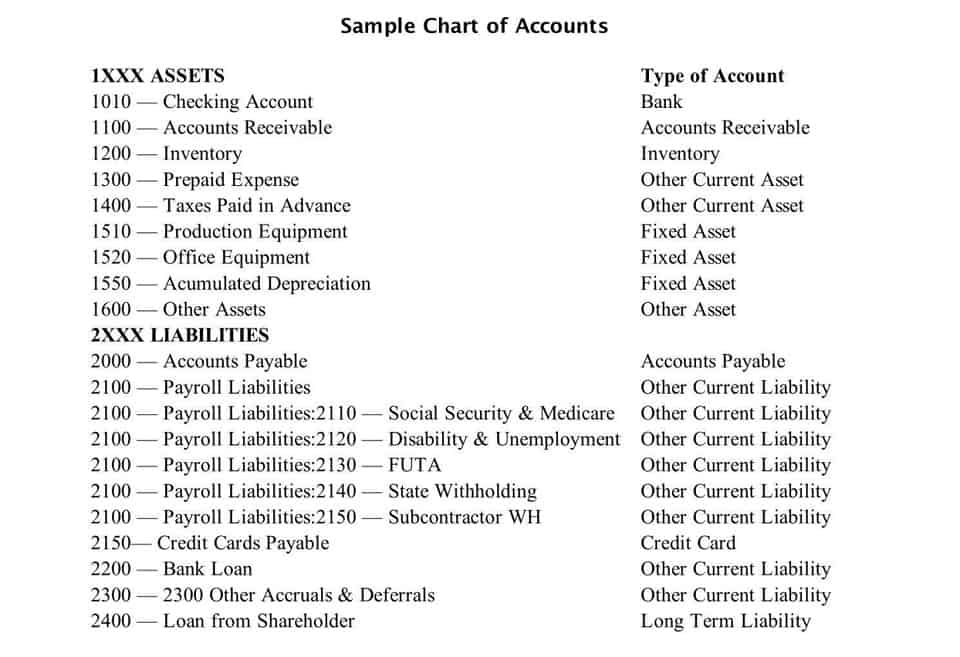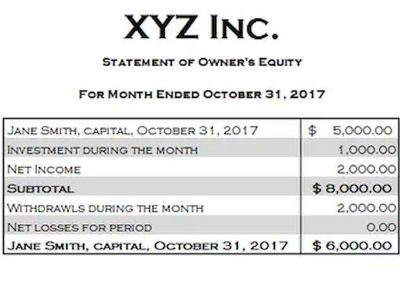
This comprehensive approach encompasses various responsibilities that go beyond traditional bookkeeping tasks. In this article, we can delve into the concept of full-charge bookkeeping, its definition, key duties, and its differences compared to other financial roles. In the world of financial management, a full charge bookkeeper plays a crucial role in keeping businesses on track. These professionals are the unsung heroes behind the scenes, handling everything from day-to-day transactions to complex financial reporting. With their expertise in budgeting, forecasting, and financial planning, full charge bookkeepers ensure that companies have a clear picture of their financial health at all times.
Responsibilities for Full Charge Bookkeeper
- They do all the things a bookkeeper does, such as reconcile accounts and prepare monthly statements, but they also do additional, more complex duties like tax returns and balance ledgers.
- A Full Charge Bookkeeper is a professional managing all the financial records like tax returns or financial statement preparation of small or mid-sized companies.
- Again, it is important to assess your current overhead spend to determine if a full-time hire is needed right now.
- Creating a budget involves outlining expected income and expenditures, which requires a comprehensive understanding of the organization’s financial landscape.
An accountant typically reports to someone else within a business, such as the CEO or CFO. Full charge bookkeeping, also known as full service bookkeeping, goes beyond the standard responsibilities of a bookkeeper. A full charge bookkeeper takes responsibility for the full accounting cycle and all of a company’s finance activities. Due to their extensive expertise, experienced bookkeepers are typically more expensive than ordinary ones, making it challenging for small businesses to afford them right from the start. However, as businesses expand and the volume of financial transactions increases, many entrepreneurs opt to invest in bookkeepers.
Subscribe to Taxfyle

In-house bookkeepers can get a lot done, but are they equipped to sustain your company’s financials as you grow? Consider your overhead costs and current accounting staffing needs before taking the plunge into a full-time hire. full charge bookkeeper Someone capable of end-to-end accounting is going to cost a company more than someone less experienced in bookkeeping.
Full-Charge Bookkeepers vs. Accountants: Navigating Financial Roles
- This means that the full charge bookkeeper reports straight to a senior manager, such as the president, and may interact directly with the company’s board of directors and auditors.
- Look for a full charge bookkeeper with strong attention to detail and great communication skills.
- As a full charge bookkeeper’s career progresses, they should look for opportunities to gain specialized knowledge in distinct industries.
- They must tune in to the finest of details and make accuracy a top priority.
- They handle a wide range of financial tasks, from day-to-day transactions to complex reporting, ensuring the business has an accurate picture of its financial health at all times.
Save time with automated accounting—ideal for individuals and small businesses. For a full charge bookkeeper, the average national salary in the US is $20.57 per hour. Nevertheless, the salaries of the same can differ depending on the place of posting, location of employment, and level normal balance of experience. Additionally, those working as freelancers may set their fees in proportion to the industry standards.

Download our tax savings guide for small businesses today!

It also frees up your time and resources, letting you focus on other important business areas. Plus, you get access to the latest technology and knowledge on compliance and regulations. In addition How to Invoice as a Freelancer to the requisite educational qualifications and experience, a Full Charge Bookkeeper’s resume should indicate proficiency in accounting software and other relevant computer applications.

Outsourced bookkeeping or hire full time, which is better?
These professionals should have comprehensive knowledge of accounting principles and procedures, and may also be expected to have experience with budget preparation and financial forecasting. They ensure that all financial transactions are accurate and up-to-date, and they may also be responsible for preparing and filing taxes. Ultimately, the role of the Full Charge Bookkeeper is to accurately record all day-to-day financial transactions of our company. Full Charge Bookkeeper responsibilities include auditing financial documents and procedures, reconciling bank statements and calculating tax payments and returns. As mentioned, everything done by professional bookkeepers is included, plus some extras.
In-House Bookkeepers vs. Full-Charge Bookkeepers
To become a full charge bookkeeper, you need to have an exceptional eye for detail, computer proficiency, and excellent communication and organizational skills. However, it’s important to remember that employers often favor job candidates who have completed some college education in the field. As you may have realized by now, a full charge bookkeeper can be extremely essential for business success. This unsung hero is not only a keeper of accounts; they’re also an integral part of any business’s financial success. Monthly fees can range from as low as $100 to $500 or more, depending on the level of service and customization required. While traditional firms may offer personalized service and expertise, their pricing can be higher compared to other options.
